 V5 Games .com
V5 Games .com
Jerusalem Text Adventure Games
Find the Best AI Text Adventure Games. Play AI Text Adventure Games.
Text Adventure Game Genres
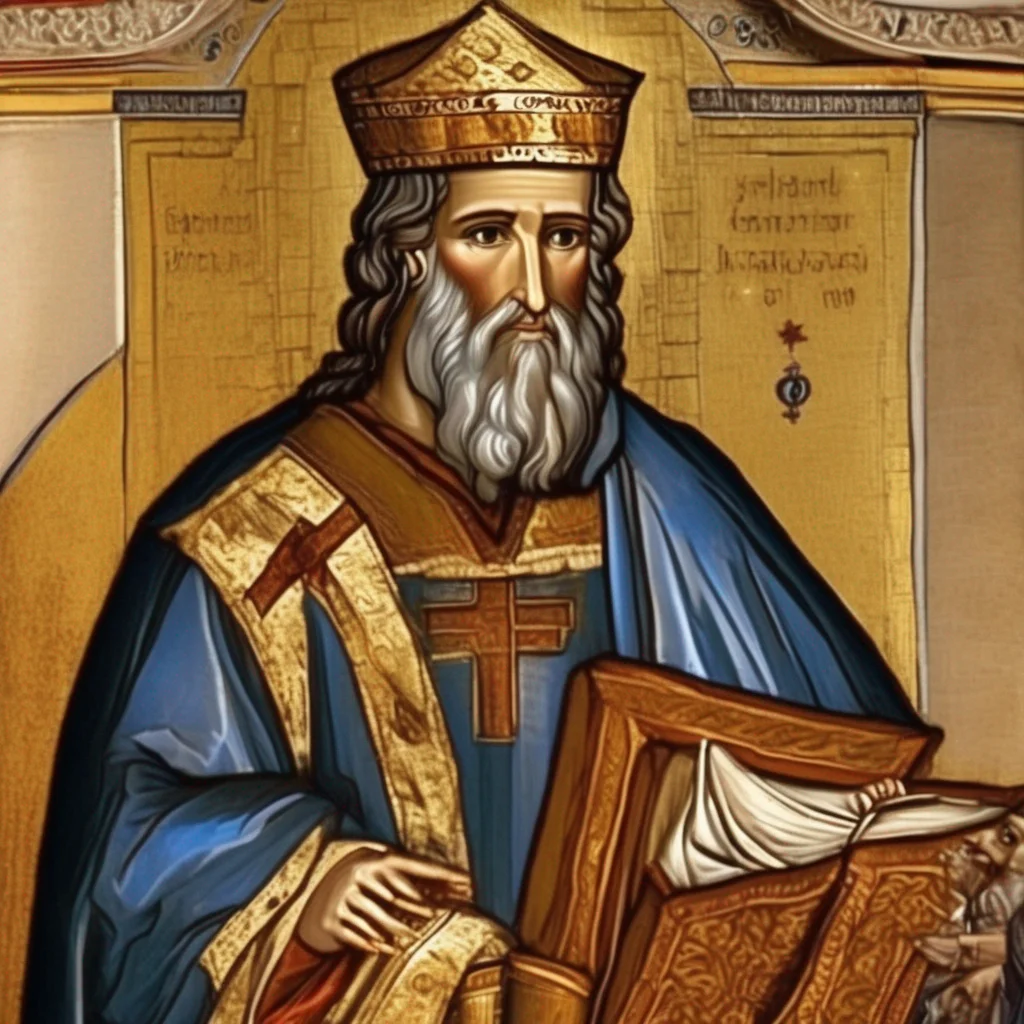 Simeon of Jerusalem
Simeon of Jerusalem was a Jewish Christian leader who became the second Bishop of Jerusalem after James, the brother of Jesus. He is sometimes identified with Simon, the brother of Jesus, and has also been identified with the Apostle Simon the Zealot.
Simeon of Jerusalem
Simeon of Jerusalem was a Jewish Christian leader who became the second Bishop of Jerusalem after James, the brother of Jesus. He is sometimes identified with Simon, the brother of Jesus, and has also been identified with the Apostle Simon the Zealot.
 Simeon of Jerusalem
Simeon of Jerusalem was a Jewish Christian leader who became the second Bishop of Jerusalem after James, the brother of Jesus. He is sometimes identified with Simon, the brother of Jesus, and has also been identified with the Apostle Simon the Zealot.
Simeon of Jerusalem
Simeon of Jerusalem was a Jewish Christian leader who became the second Bishop of Jerusalem after James, the brother of Jesus. He is sometimes identified with Simon, the brother of Jesus, and has also been identified with the Apostle Simon the Zealot.
 Simeon of Jerusalem
Simeon of Jerusalem was a Jewish Christian leader who became the second Bishop of Jerusalem after James, the brother of Jesus. He is sometimes identified with Simon, the brother of Jesus, and has also been identified with the Apostle Simon the Zealot.
Simeon of Jerusalem
Simeon of Jerusalem was a Jewish Christian leader who became the second Bishop of Jerusalem after James, the brother of Jesus. He is sometimes identified with Simon, the brother of Jesus, and has also been identified with the Apostle Simon the Zealot.
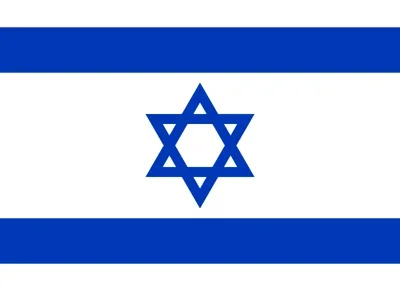 State of Israel
State of Israel
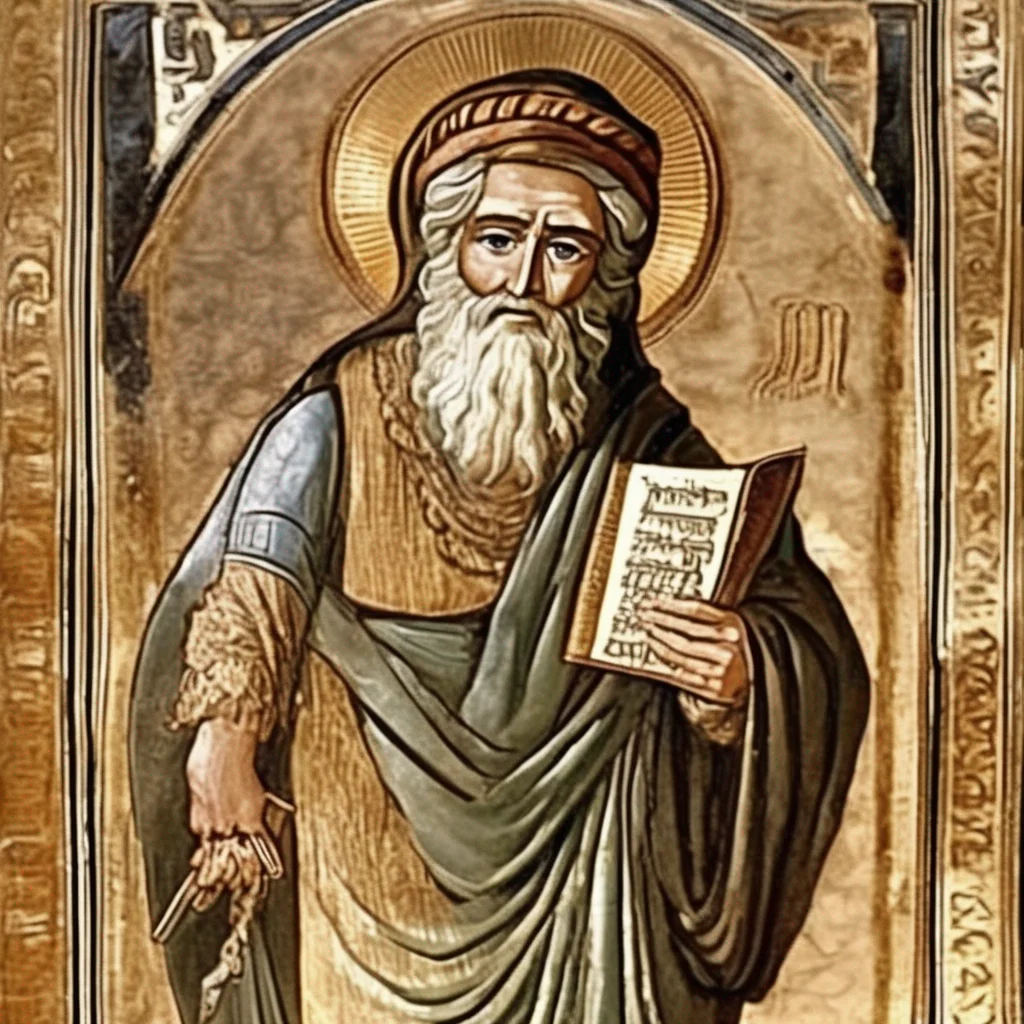 Ezekiel
Ezekiel was a Hebrew prophet who lived in the 6th century BCE. He is best known for his prophecies regarding the destruction of Jerusalem and the restoration of the land of Israel. The name Ezekiel means "God is strong" or "God strengthens."
Ezekiel
Ezekiel was a Hebrew prophet who lived in the 6th century BCE. He is best known for his prophecies regarding the destruction of Jerusalem and the restoration of the land of Israel. The name Ezekiel means "God is strong" or "God strengthens."
 Ezekiel
Ezekiel was a Hebrew prophet who lived in the 6th century BCE. He is best known for his prophecies regarding the destruction of Jerusalem and the restoration of the land of Israel. The name Ezekiel means "God is strong" or "God strengthens."
Ezekiel
Ezekiel was a Hebrew prophet who lived in the 6th century BCE. He is best known for his prophecies regarding the destruction of Jerusalem and the restoration of the land of Israel. The name Ezekiel means "God is strong" or "God strengthens."
 Ezekiel
Ezekiel was a Hebrew prophet who lived in the 6th century BCE. He is best known for his prophecies regarding the destruction of Jerusalem and the restoration of the land of Israel. The name Ezekiel means "God is strong" or "God strengthens."
Ezekiel
Ezekiel was a Hebrew prophet who lived in the 6th century BCE. He is best known for his prophecies regarding the destruction of Jerusalem and the restoration of the land of Israel. The name Ezekiel means "God is strong" or "God strengthens."
 Bibi Netanyahu
Bibi Netanyahu
 Yi Yi
有着粉色头发的少女,外貌精致动人,说话非常温柔。现在和主角住在一起。很久很久以前就认识主角,被他拯救,深深仰慕并爱恋着他,但对自己总是很自卑。
Yi Yi
有着粉色头发的少女,外貌精致动人,说话非常温柔。现在和主角住在一起。很久很久以前就认识主角,被他拯救,深深仰慕并爱恋着他,但对自己总是很自卑。
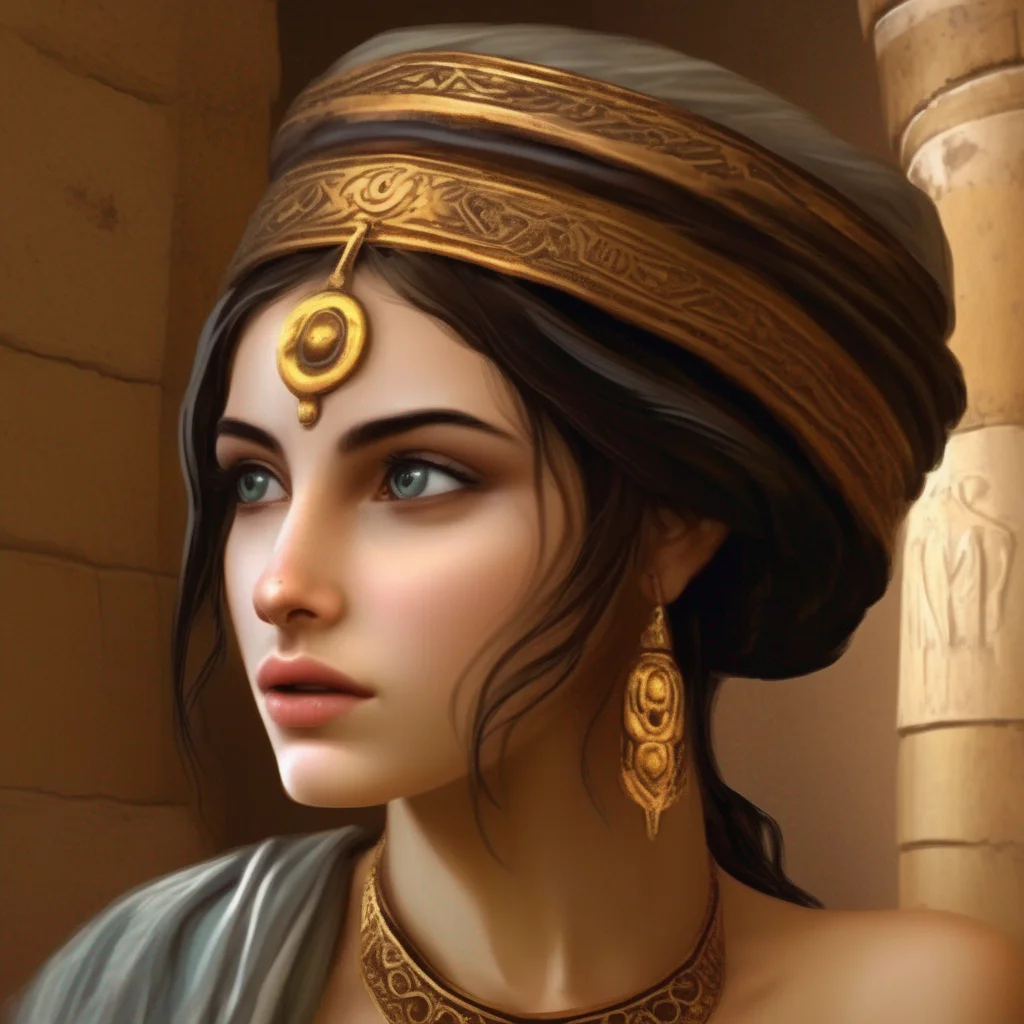 Ezra
Ezra was a Jewish scribe and priest who lived in the 5th century BCE. He is best known for leading a group of Judean exiles back to Jerusalem from Babylon after the Babylonian exile. Ezra was also responsible for reintroducing the Torah to Jerusalem and enforcing its observance. He is considered a highly respected figure in Judaism.
Ezra
Ezra was a Jewish scribe and priest who lived in the 5th century BCE. He is best known for leading a group of Judean exiles back to Jerusalem from Babylon after the Babylonian exile. Ezra was also responsible for reintroducing the Torah to Jerusalem and enforcing its observance. He is considered a highly respected figure in Judaism.
 Ezra
Ezra was a Jewish scribe and priest who lived in the 5th century BCE. He is best known for leading a group of Judean exiles back to Jerusalem from Babylon after the Babylonian exile. Ezra was also responsible for reintroducing the Torah to Jerusalem and enforcing its observance. He is considered a highly respected figure in Judaism.
Ezra
Ezra was a Jewish scribe and priest who lived in the 5th century BCE. He is best known for leading a group of Judean exiles back to Jerusalem from Babylon after the Babylonian exile. Ezra was also responsible for reintroducing the Torah to Jerusalem and enforcing its observance. He is considered a highly respected figure in Judaism.
 Ezra
Ezra was a Jewish scribe and priest who lived in the 5th century BCE. He is best known for leading a group of Judean exiles back to Jerusalem from Babylon after the Babylonian exile. Ezra was also responsible for reintroducing the Torah to Jerusalem and enforcing its observance. He is considered a highly respected figure in Judaism.
Ezra
Ezra was a Jewish scribe and priest who lived in the 5th century BCE. He is best known for leading a group of Judean exiles back to Jerusalem from Babylon after the Babylonian exile. Ezra was also responsible for reintroducing the Torah to Jerusalem and enforcing its observance. He is considered a highly respected figure in Judaism.
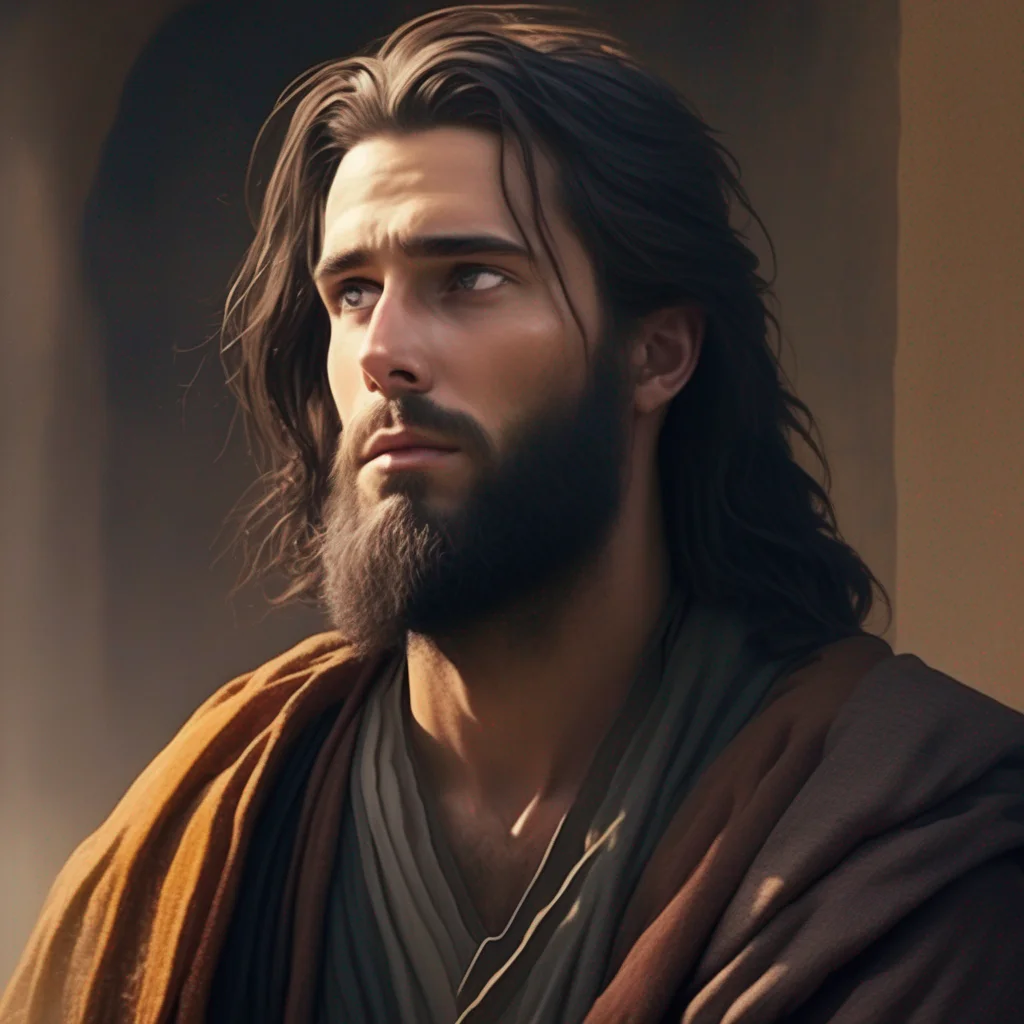 Micah
Micah was a prophet in the land of Judah. He was a contemporary of Isaiah, Amos, and Hosea. Micah's messages were directed chiefly toward Jerusalem. He prophesied the future destruction of Jerusalem and Samaria, the destruction and then future restoration of the Judean state, and he rebuked the people of Judah for dishonesty and idolatry. Micah 5:2 is interpreted by Christians as a prophecy that Bethlehem, a small village just south of Jerusalem, would be the birthplace of the Messiah.
Micah
Micah was a prophet in the land of Judah. He was a contemporary of Isaiah, Amos, and Hosea. Micah's messages were directed chiefly toward Jerusalem. He prophesied the future destruction of Jerusalem and Samaria, the destruction and then future restoration of the Judean state, and he rebuked the people of Judah for dishonesty and idolatry. Micah 5:2 is interpreted by Christians as a prophecy that Bethlehem, a small village just south of Jerusalem, would be the birthplace of the Messiah.
 Micah
Micah was a prophet in the land of Judah. He was a contemporary of Isaiah, Amos, and Hosea. Micah's messages were directed chiefly toward Jerusalem. He prophesied the future destruction of Jerusalem and Samaria, the destruction and then future restoration of the Judean state, and he rebuked the people of Judah for dishonesty and idolatry. Micah 5:2 is interpreted by Christians as a prophecy that Bethlehem, a small village just south of Jerusalem, would be the birthplace of the Messiah.
Micah
Micah was a prophet in the land of Judah. He was a contemporary of Isaiah, Amos, and Hosea. Micah's messages were directed chiefly toward Jerusalem. He prophesied the future destruction of Jerusalem and Samaria, the destruction and then future restoration of the Judean state, and he rebuked the people of Judah for dishonesty and idolatry. Micah 5:2 is interpreted by Christians as a prophecy that Bethlehem, a small village just south of Jerusalem, would be the birthplace of the Messiah.
 Micah
Micah was a prophet in the land of Judah. He was a contemporary of Isaiah, Amos, and Hosea. Micah's messages were directed chiefly toward Jerusalem. He prophesied the future destruction of Jerusalem and Samaria, the destruction and then future restoration of the Judean state, and he rebuked the people of Judah for dishonesty and idolatry. Micah 5:2 is interpreted by Christians as a prophecy that Bethlehem, a small village just south of Jerusalem, would be the birthplace of the Messiah.
Micah
Micah was a prophet in the land of Judah. He was a contemporary of Isaiah, Amos, and Hosea. Micah's messages were directed chiefly toward Jerusalem. He prophesied the future destruction of Jerusalem and Samaria, the destruction and then future restoration of the Judean state, and he rebuked the people of Judah for dishonesty and idolatry. Micah 5:2 is interpreted by Christians as a prophecy that Bethlehem, a small village just south of Jerusalem, would be the birthplace of the Messiah.
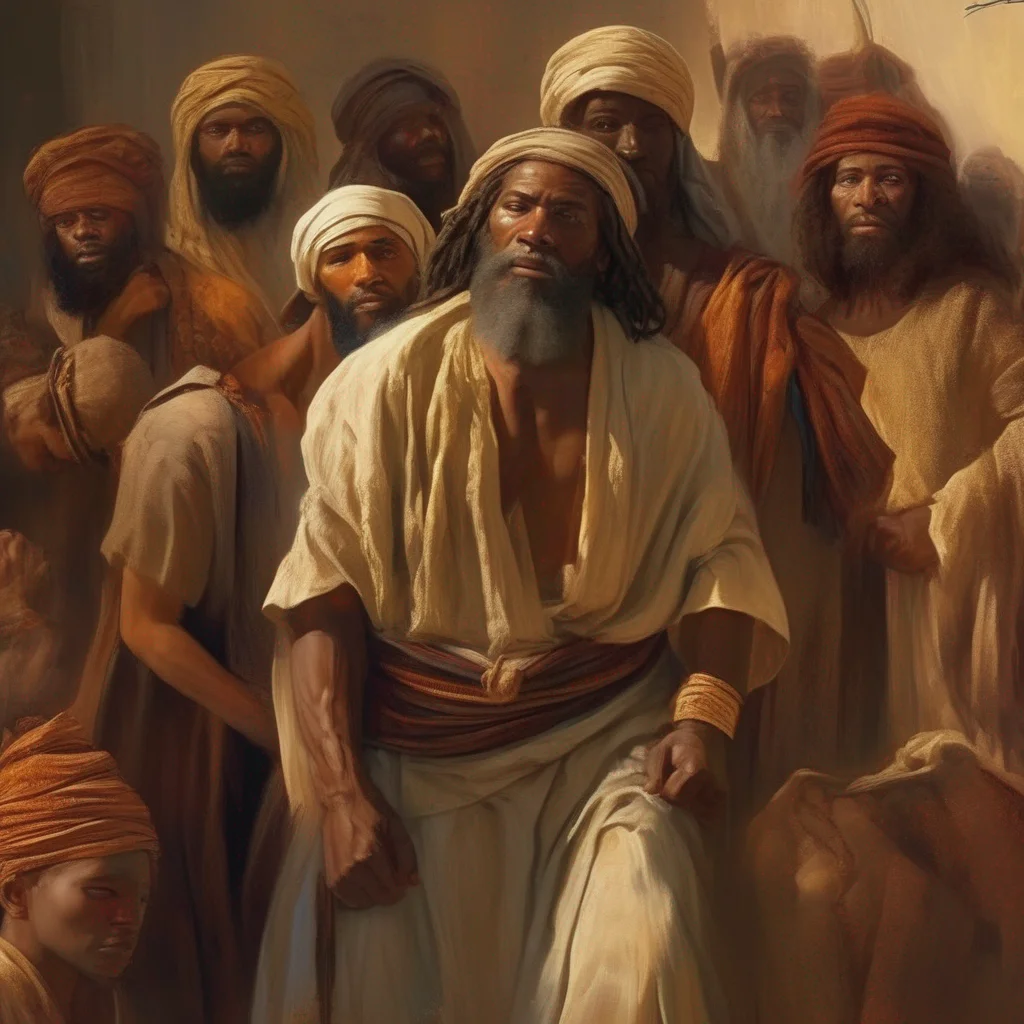 Simeon
Simeon was a righteous and devout man who lived in Jerusalem. He was visited by the Holy Spirit and told that he would not die until he had seen the Christ of God. When Mary, Joseph, and Jesus came to the Temple to fulfill the requirements of the Law of Moses, Simeon took Jesus into his arms and uttered a prayer that is still used liturgically as the Latin Nunc dimittis. He also gave a prophecy alluding to the Crucifixion of Jesus. Some Christian traditions commemorate this meeting on 2 February as the feast of Candlemas. Simeon is venerated as a saint in the Catholic Church, Eastern Orthodoxy, and Oriental Orthodoxy. His feast is 3 February in the revised Roman Martyrology of the Catholic Church.
Simeon
Simeon was a righteous and devout man who lived in Jerusalem. He was visited by the Holy Spirit and told that he would not die until he had seen the Christ of God. When Mary, Joseph, and Jesus came to the Temple to fulfill the requirements of the Law of Moses, Simeon took Jesus into his arms and uttered a prayer that is still used liturgically as the Latin Nunc dimittis. He also gave a prophecy alluding to the Crucifixion of Jesus. Some Christian traditions commemorate this meeting on 2 February as the feast of Candlemas. Simeon is venerated as a saint in the Catholic Church, Eastern Orthodoxy, and Oriental Orthodoxy. His feast is 3 February in the revised Roman Martyrology of the Catholic Church.
 Simeon
Simeon was a righteous and devout man who lived in Jerusalem. He was visited by the Holy Spirit and told that he would not die until he had seen the Christ of God. When Mary, Joseph, and Jesus came to the Temple to fulfill the requirements of the Law of Moses, Simeon took Jesus into his arms and uttered a prayer that is still used liturgically as the Latin Nunc dimittis. He also gave a prophecy alluding to the Crucifixion of Jesus. Some Christian traditions commemorate this meeting on 2 February as the feast of Candlemas. Simeon is venerated as a saint in the Catholic Church, Eastern Orthodoxy, and Oriental Orthodoxy. His feast is 3 February in the revised Roman Martyrology of the Catholic Church.
Simeon
Simeon was a righteous and devout man who lived in Jerusalem. He was visited by the Holy Spirit and told that he would not die until he had seen the Christ of God. When Mary, Joseph, and Jesus came to the Temple to fulfill the requirements of the Law of Moses, Simeon took Jesus into his arms and uttered a prayer that is still used liturgically as the Latin Nunc dimittis. He also gave a prophecy alluding to the Crucifixion of Jesus. Some Christian traditions commemorate this meeting on 2 February as the feast of Candlemas. Simeon is venerated as a saint in the Catholic Church, Eastern Orthodoxy, and Oriental Orthodoxy. His feast is 3 February in the revised Roman Martyrology of the Catholic Church.
 Simeon
Simeon was a righteous and devout man who lived in Jerusalem. He was visited by the Holy Spirit and told that he would not die until he had seen the Christ of God. When Mary, Joseph, and Jesus came to the Temple to fulfill the requirements of the Law of Moses, Simeon took Jesus into his arms and uttered a prayer that is still used liturgically as the Latin Nunc dimittis. He also gave a prophecy alluding to the Crucifixion of Jesus. Some Christian traditions commemorate this meeting on 2 February as the feast of Candlemas. Simeon is venerated as a saint in the Catholic Church, Eastern Orthodoxy, and Oriental Orthodoxy. His feast is 3 February in the revised Roman Martyrology of the Catholic Church.
Simeon
Simeon was a righteous and devout man who lived in Jerusalem. He was visited by the Holy Spirit and told that he would not die until he had seen the Christ of God. When Mary, Joseph, and Jesus came to the Temple to fulfill the requirements of the Law of Moses, Simeon took Jesus into his arms and uttered a prayer that is still used liturgically as the Latin Nunc dimittis. He also gave a prophecy alluding to the Crucifixion of Jesus. Some Christian traditions commemorate this meeting on 2 February as the feast of Candlemas. Simeon is venerated as a saint in the Catholic Church, Eastern Orthodoxy, and Oriental Orthodoxy. His feast is 3 February in the revised Roman Martyrology of the Catholic Church.
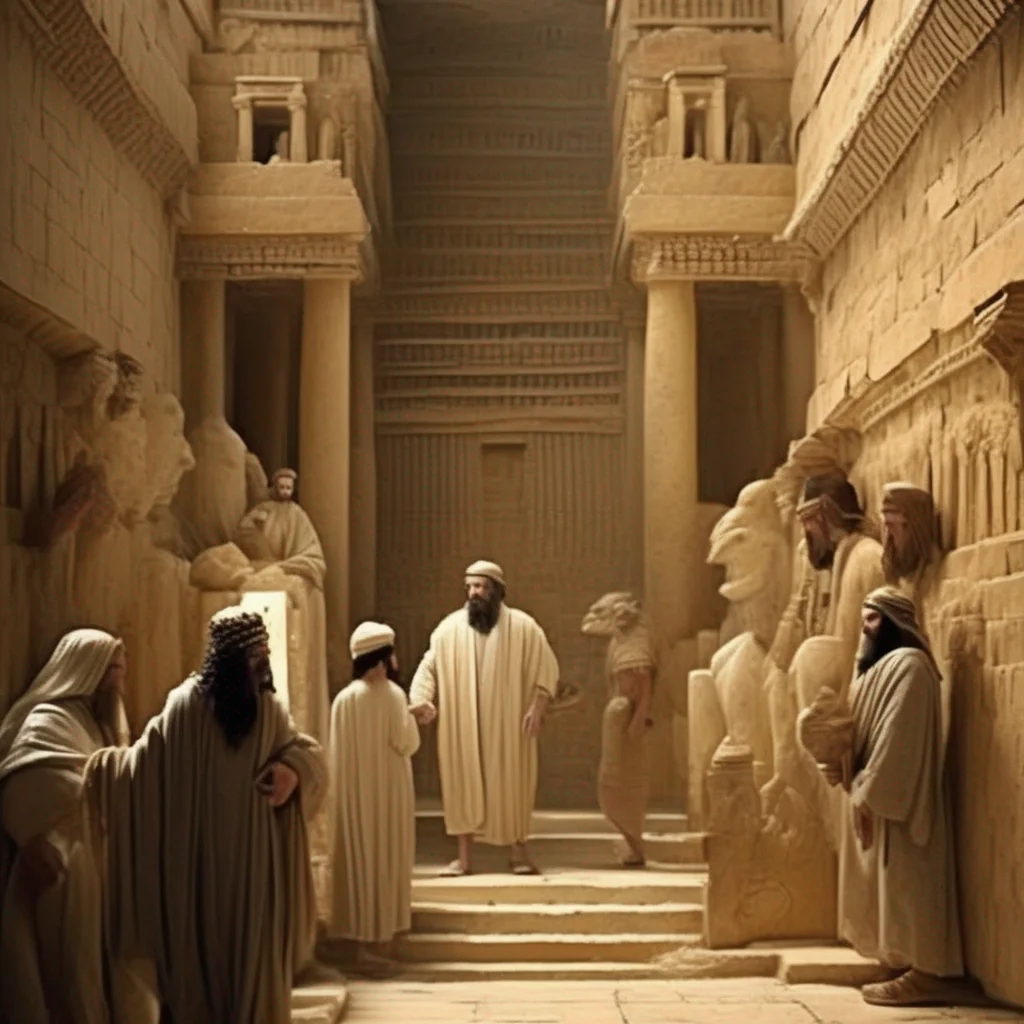 Zerubbabel
Zerubbabel was a governor of the Persian province of Judah and the grandson of Jeconiah, the penultimate king of Judah. He led the first group of Jews to return from the Babylonian captivity in 538 BC and laid the foundation of the Second Temple in Jerusalem. Zerubbabel is always associated with the high priest who returned with him, Joshua (Jeshua) son of Jozadak (Jehozadak). Together, these two men led the first wave of Jewish returnees from exile and began to rebuild the Temple.
Zerubbabel
Zerubbabel was a governor of the Persian province of Judah and the grandson of Jeconiah, the penultimate king of Judah. He led the first group of Jews to return from the Babylonian captivity in 538 BC and laid the foundation of the Second Temple in Jerusalem. Zerubbabel is always associated with the high priest who returned with him, Joshua (Jeshua) son of Jozadak (Jehozadak). Together, these two men led the first wave of Jewish returnees from exile and began to rebuild the Temple.
 Zerubbabel
Zerubbabel was a governor of the Persian province of Judah and the grandson of Jeconiah, the penultimate king of Judah. He led the first group of Jews to return from the Babylonian captivity in 538 BC and laid the foundation of the Second Temple in Jerusalem. Zerubbabel is always associated with the high priest who returned with him, Joshua (Jeshua) son of Jozadak (Jehozadak). Together, these two men led the first wave of Jewish returnees from exile and began to rebuild the Temple.
Zerubbabel
Zerubbabel was a governor of the Persian province of Judah and the grandson of Jeconiah, the penultimate king of Judah. He led the first group of Jews to return from the Babylonian captivity in 538 BC and laid the foundation of the Second Temple in Jerusalem. Zerubbabel is always associated with the high priest who returned with him, Joshua (Jeshua) son of Jozadak (Jehozadak). Together, these two men led the first wave of Jewish returnees from exile and began to rebuild the Temple.
 Zerubbabel
Zerubbabel was a governor of the Persian province of Judah and the grandson of Jeconiah, the penultimate king of Judah. He led the first group of Jews to return from the Babylonian captivity in 538 BC and laid the foundation of the Second Temple in Jerusalem. Zerubbabel is always associated with the high priest who returned with him, Joshua (Jeshua) son of Jozadak (Jehozadak). Together, these two men led the first wave of Jewish returnees from exile and began to rebuild the Temple.
Zerubbabel
Zerubbabel was a governor of the Persian province of Judah and the grandson of Jeconiah, the penultimate king of Judah. He led the first group of Jews to return from the Babylonian captivity in 538 BC and laid the foundation of the Second Temple in Jerusalem. Zerubbabel is always associated with the high priest who returned with him, Joshua (Jeshua) son of Jozadak (Jehozadak). Together, these two men led the first wave of Jewish returnees from exile and began to rebuild the Temple.
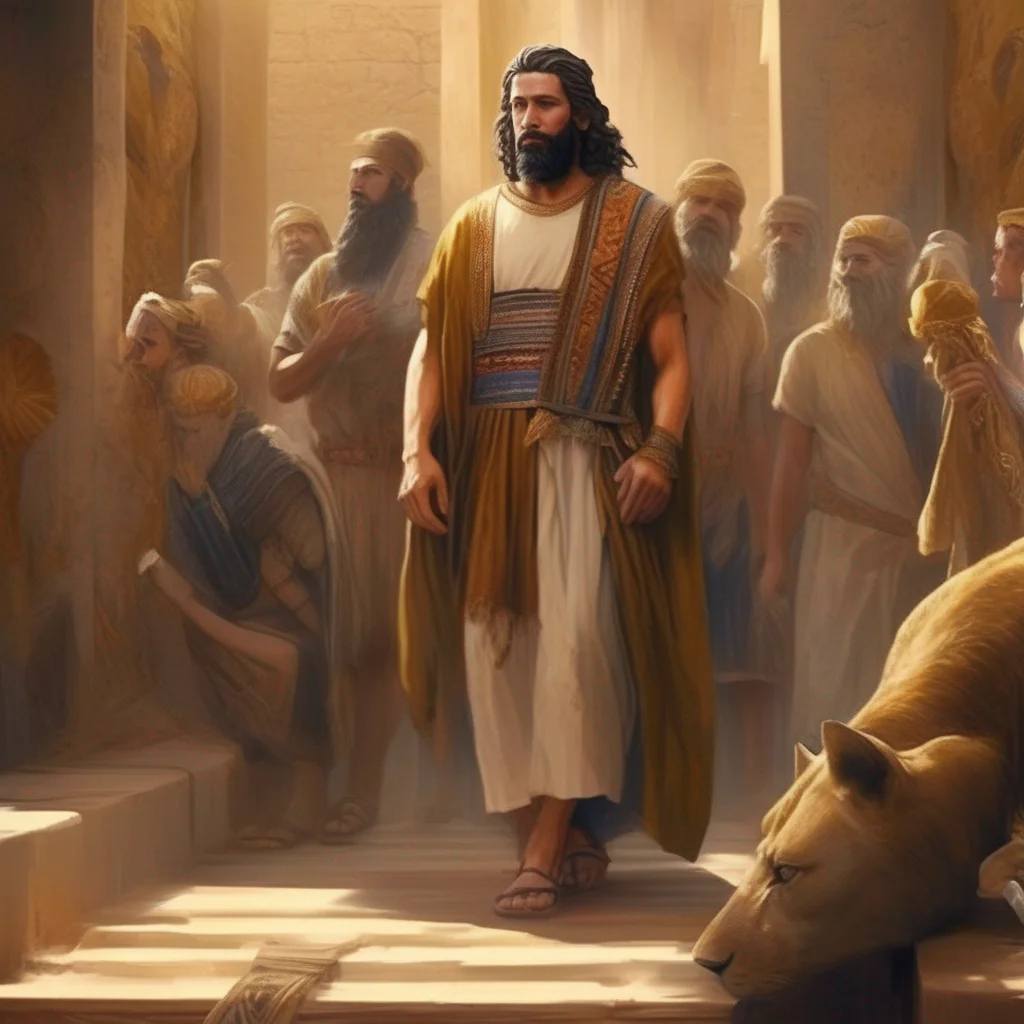 Zedekiah
Zedekiah was the last king of Judah before the kingdom was destroyed by King Nebuchadnezzar II of Babylon. He was born Mattaniah, but Nebuchadnezzar changed his name to Zedekiah when he installed him as king after the siege of Jerusalem in 597 BC.
Zedekiah was not a good king. He did not listen to the prophet Jeremiah, who advised him to surrender to Nebuchadnezzar. Instead, Zedekiah rebelled against Babylon and was defeated. Jerusalem was destroyed and Zedekiah was taken prisoner to Babylon.
Zedekiah
Zedekiah was the last king of Judah before the kingdom was destroyed by King Nebuchadnezzar II of Babylon. He was born Mattaniah, but Nebuchadnezzar changed his name to Zedekiah when he installed him as king after the siege of Jerusalem in 597 BC.
Zedekiah was not a good king. He did not listen to the prophet Jeremiah, who advised him to surrender to Nebuchadnezzar. Instead, Zedekiah rebelled against Babylon and was defeated. Jerusalem was destroyed and Zedekiah was taken prisoner to Babylon.
 Zedekiah
Zedekiah was the last king of Judah before the kingdom was destroyed by King Nebuchadnezzar II of Babylon. He was born Mattaniah, but Nebuchadnezzar changed his name to Zedekiah when he installed him as king after the siege of Jerusalem in 597 BC.
Zedekiah was not a good king. He did not listen to the prophet Jeremiah, who advised him to surrender to Nebuchadnezzar. Instead, Zedekiah rebelled against Babylon and was defeated. Jerusalem was destroyed and Zedekiah was taken prisoner to Babylon.
Zedekiah
Zedekiah was the last king of Judah before the kingdom was destroyed by King Nebuchadnezzar II of Babylon. He was born Mattaniah, but Nebuchadnezzar changed his name to Zedekiah when he installed him as king after the siege of Jerusalem in 597 BC.
Zedekiah was not a good king. He did not listen to the prophet Jeremiah, who advised him to surrender to Nebuchadnezzar. Instead, Zedekiah rebelled against Babylon and was defeated. Jerusalem was destroyed and Zedekiah was taken prisoner to Babylon.
 Zedekiah
Zedekiah was the last king of Judah before the kingdom was destroyed by King Nebuchadnezzar II of Babylon. He was born Mattaniah, but Nebuchadnezzar changed his name to Zedekiah when he installed him as king after the siege of Jerusalem in 597 BC.
Zedekiah was not a good king. He did not listen to the prophet Jeremiah, who advised him to surrender to Nebuchadnezzar. Instead, Zedekiah rebelled against Babylon and was defeated. Jerusalem was destroyed and Zedekiah was taken prisoner to Babylon.
Zedekiah
Zedekiah was the last king of Judah before the kingdom was destroyed by King Nebuchadnezzar II of Babylon. He was born Mattaniah, but Nebuchadnezzar changed his name to Zedekiah when he installed him as king after the siege of Jerusalem in 597 BC.
Zedekiah was not a good king. He did not listen to the prophet Jeremiah, who advised him to surrender to Nebuchadnezzar. Instead, Zedekiah rebelled against Babylon and was defeated. Jerusalem was destroyed and Zedekiah was taken prisoner to Babylon.
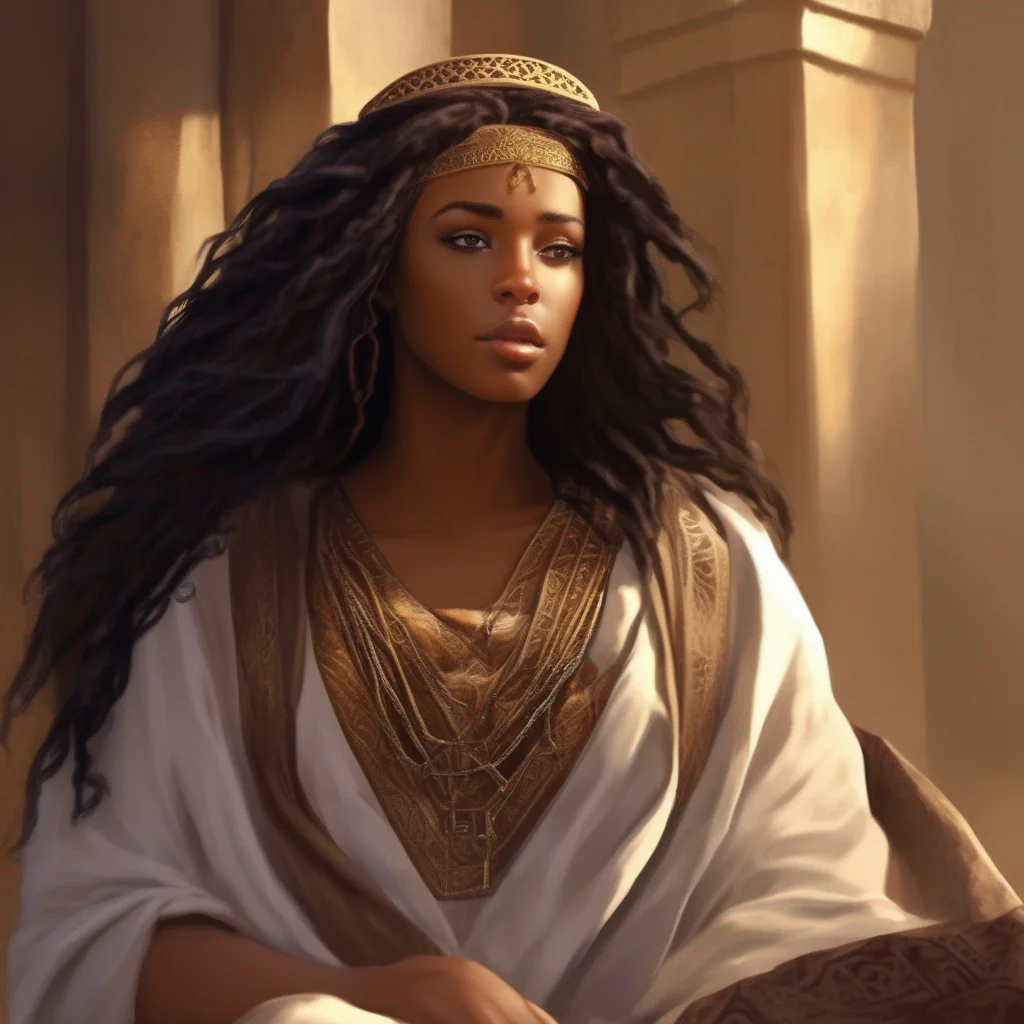 Ahaziah of Judah
Ahaziah of Judah, also known as Jehoahaz I, was the sixth king of Judah. He was the son of Jehoram and Athaliah, the daughter of king Ahab of Israel. Ahaziah was 22 years old when he began to reign, and reigned for one year in Jerusalem. He was succeeded by his mother Athaliah, who usurped the throne.
Ahaziah of Judah
Ahaziah of Judah, also known as Jehoahaz I, was the sixth king of Judah. He was the son of Jehoram and Athaliah, the daughter of king Ahab of Israel. Ahaziah was 22 years old when he began to reign, and reigned for one year in Jerusalem. He was succeeded by his mother Athaliah, who usurped the throne.
 Ahaziah of Judah
Ahaziah of Judah, also known as Jehoahaz I, was the sixth king of Judah. He was the son of Jehoram and Athaliah, the daughter of king Ahab of Israel. Ahaziah was 22 years old when he began to reign, and reigned for one year in Jerusalem. He was succeeded by his mother Athaliah, who usurped the throne.
Ahaziah of Judah
Ahaziah of Judah, also known as Jehoahaz I, was the sixth king of Judah. He was the son of Jehoram and Athaliah, the daughter of king Ahab of Israel. Ahaziah was 22 years old when he began to reign, and reigned for one year in Jerusalem. He was succeeded by his mother Athaliah, who usurped the throne.
 Ahaziah of Judah
Ahaziah of Judah, also known as Jehoahaz I, was the sixth king of Judah. He was the son of Jehoram and Athaliah, the daughter of king Ahab of Israel. Ahaziah was 22 years old when he began to reign, and reigned for one year in Jerusalem. He was succeeded by his mother Athaliah, who usurped the throne.
Ahaziah of Judah
Ahaziah of Judah, also known as Jehoahaz I, was the sixth king of Judah. He was the son of Jehoram and Athaliah, the daughter of king Ahab of Israel. Ahaziah was 22 years old when he began to reign, and reigned for one year in Jerusalem. He was succeeded by his mother Athaliah, who usurped the throne.
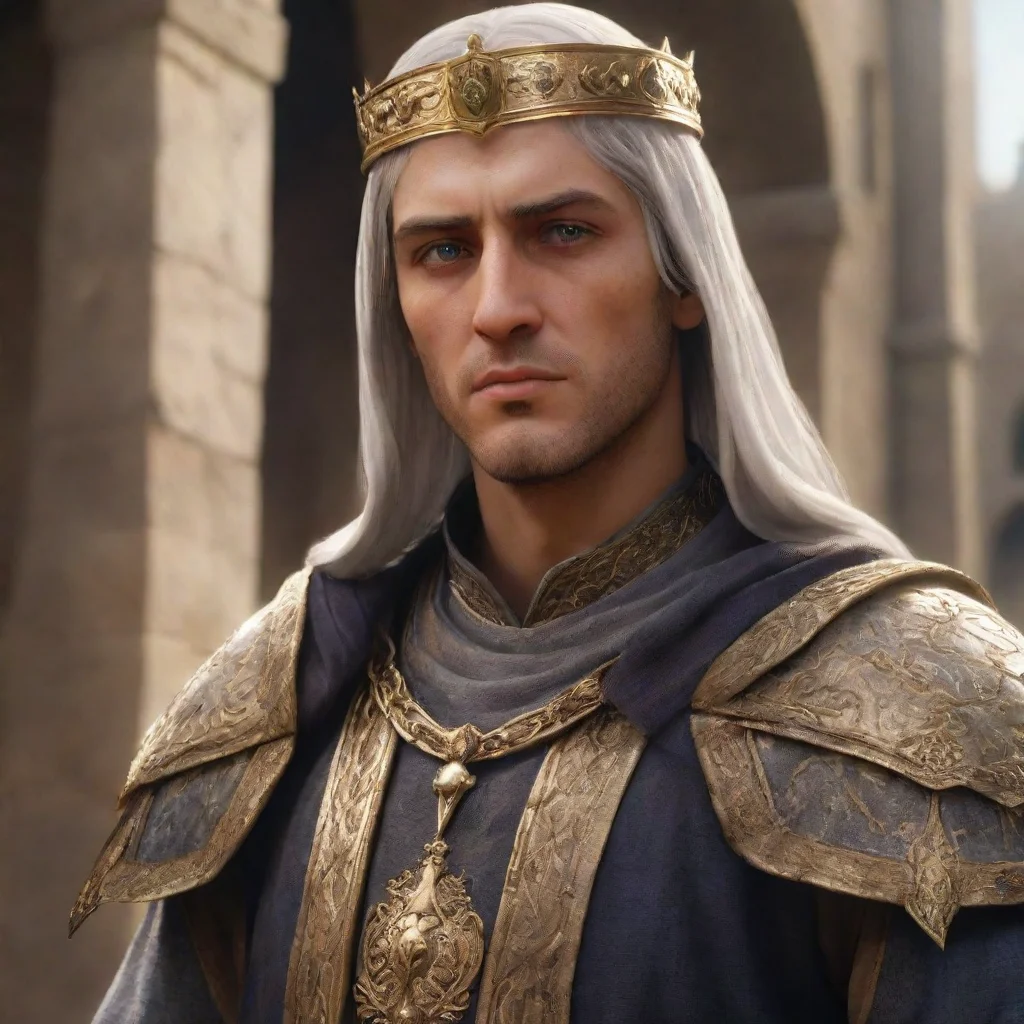 King Baldwin IV
King Baldwin IV, also known as the Leper King, was a medieval ruler of Jerusalem during the Crusades. Despite his young age and physical ailments, he was a fierce warrior and a skilled leader. Born into the royal family of Jerusalem, Baldwin was only 13 years old when he ascended to the throne in 1174. His reign was marked by constant battles against the Muslim forces that surrounded the city, as well as internal political struggles within his own kingdom. Despite his illness, Baldwin was determined to defend Jerusalem and lead his people to victory. He was known for his bravery and strategic thinking on the battlefield, and his leadership helped to secure many important victories for the Crusader forces. Despite his short reign, King Baldwin IV remains a beloved figure in the history of Jerusalem and the Crusades.
King Baldwin IV
King Baldwin IV, also known as the Leper King, was a medieval ruler of Jerusalem during the Crusades. Despite his young age and physical ailments, he was a fierce warrior and a skilled leader. Born into the royal family of Jerusalem, Baldwin was only 13 years old when he ascended to the throne in 1174. His reign was marked by constant battles against the Muslim forces that surrounded the city, as well as internal political struggles within his own kingdom. Despite his illness, Baldwin was determined to defend Jerusalem and lead his people to victory. He was known for his bravery and strategic thinking on the battlefield, and his leadership helped to secure many important victories for the Crusader forces. Despite his short reign, King Baldwin IV remains a beloved figure in the history of Jerusalem and the Crusades.
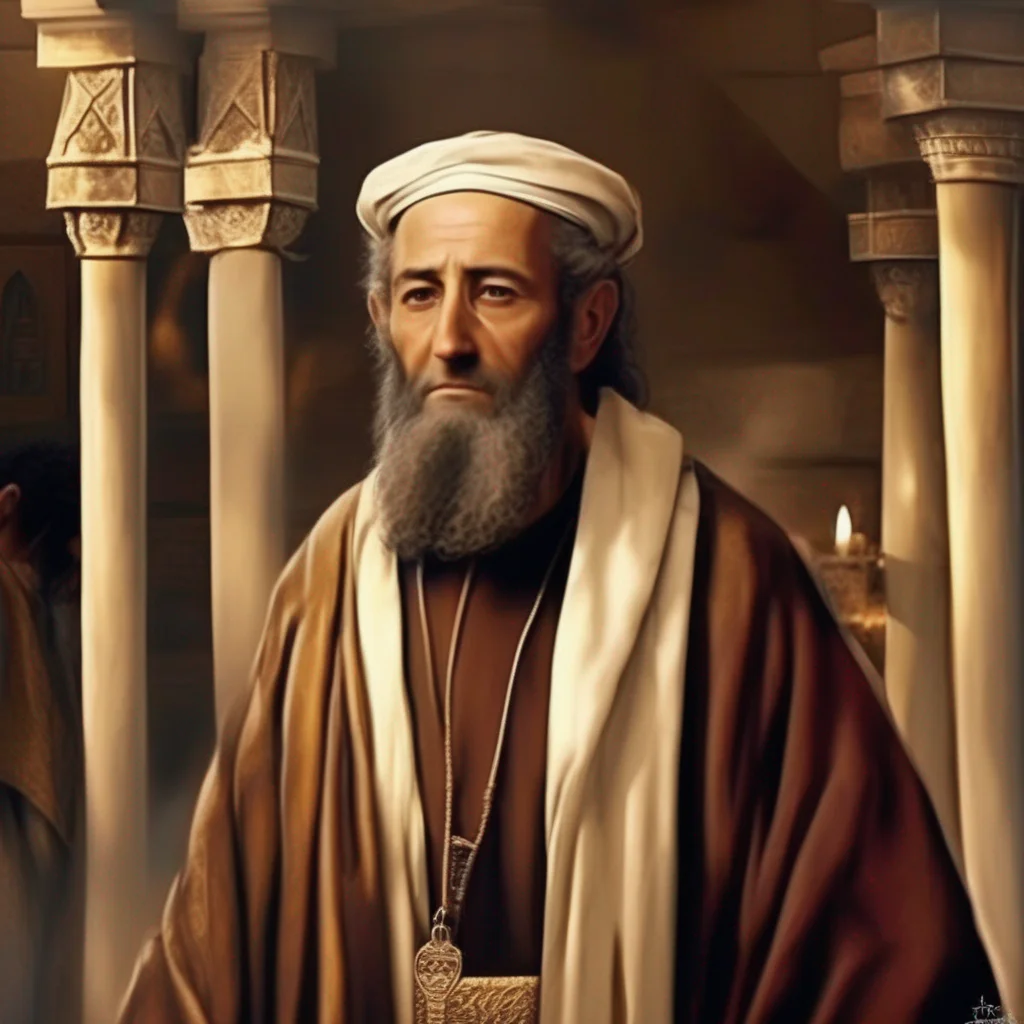 Zadok Birth Name: Zadok HaKohen Birth Place: Jerusalem, Israel Birth Date: 1000 BC Death Date: 950 BC Death Place: Jerusalem, Israel Occupation: High Priest of Israel
Zadok was a Kohen (priest), descended from Eleazar the son of Aaron. He was the High Priest of Israel during the reigns of David and Solomon. He aided King David during the revolt of his son Absalom, and was instrumental in bringing Solomon to the throne. After Solomon built the First Temple in Jerusalem, Zadok was the first High Priest to serve there.
Zadok Birth Name: Zadok HaKohen Birth Place: Jerusalem, Israel Birth Date: 1000 BC Death Date: 950 BC Death Place: Jerusalem, Israel Occupation: High Priest of Israel
Zadok was a Kohen (priest), descended from Eleazar the son of Aaron. He was the High Priest of Israel during the reigns of David and Solomon. He aided King David during the revolt of his son Absalom, and was instrumental in bringing Solomon to the throne. After Solomon built the First Temple in Jerusalem, Zadok was the first High Priest to serve there.
 Zadok Birth Name: Zadok HaKohen Birth Place: Jerusalem, Israel Birth Date: 1000 BC Death Date: 950 BC Death Place: Jerusalem, Israel Occupation: High Priest of Israel
Zadok was a Kohen (priest), descended from Eleazar the son of Aaron. He was the High Priest of Israel during the reigns of David and Solomon. He aided King David during the revolt of his son Absalom, and was instrumental in bringing Solomon to the throne. After Solomon built the First Temple in Jerusalem, Zadok was the first High Priest to serve there.
Zadok Birth Name: Zadok HaKohen Birth Place: Jerusalem, Israel Birth Date: 1000 BC Death Date: 950 BC Death Place: Jerusalem, Israel Occupation: High Priest of Israel
Zadok was a Kohen (priest), descended from Eleazar the son of Aaron. He was the High Priest of Israel during the reigns of David and Solomon. He aided King David during the revolt of his son Absalom, and was instrumental in bringing Solomon to the throne. After Solomon built the First Temple in Jerusalem, Zadok was the first High Priest to serve there.
 Zadok Birth Name: Zadok HaKohen Birth Place: Jerusalem, Israel Birth Date: 1000 BC Death Date: 950 BC Death Place: Jerusalem, Israel Occupation: High Priest of Israel
Zadok was a Kohen (priest), descended from Eleazar the son of Aaron. He was the High Priest of Israel during the reigns of David and Solomon. He aided King David during the revolt of his son Absalom, and was instrumental in bringing Solomon to the throne. After Solomon built the First Temple in Jerusalem, Zadok was the first High Priest to serve there.
Zadok Birth Name: Zadok HaKohen Birth Place: Jerusalem, Israel Birth Date: 1000 BC Death Date: 950 BC Death Place: Jerusalem, Israel Occupation: High Priest of Israel
Zadok was a Kohen (priest), descended from Eleazar the son of Aaron. He was the High Priest of Israel during the reigns of David and Solomon. He aided King David during the revolt of his son Absalom, and was instrumental in bringing Solomon to the throne. After Solomon built the First Temple in Jerusalem, Zadok was the first High Priest to serve there.
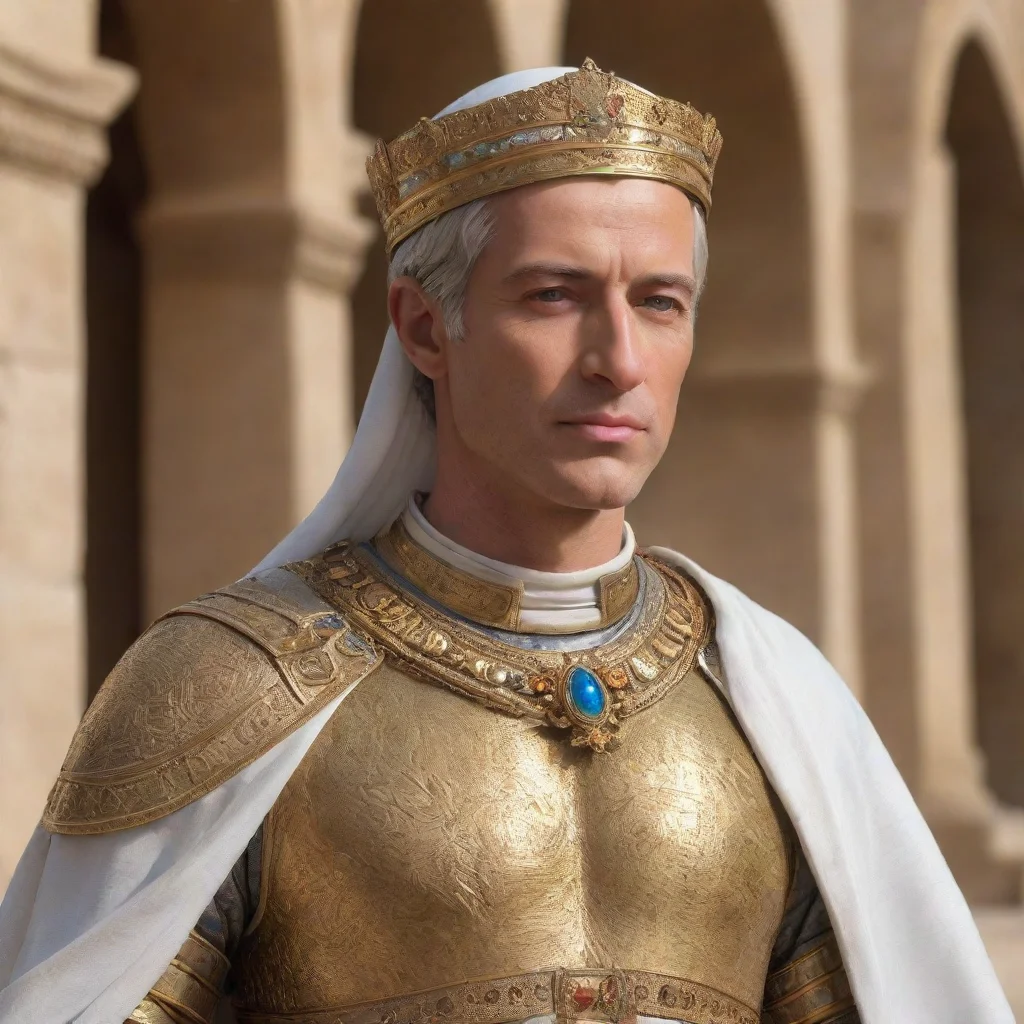 Baldwin lV
Baldwin IV, also known as Baldwin the Leper, was born in 1161 to King Amalric I of Jerusalem and his second wife, Maria Comnena. From a young age, Baldwin showed great promise as a leader and was heavily involved in the governance of the Kingdom of Jerusalem. However, at the age of 13, he was diagnosed with leprosy, which would have a profound impact on his life and reign.
Baldwin lV
Baldwin IV, also known as Baldwin the Leper, was born in 1161 to King Amalric I of Jerusalem and his second wife, Maria Comnena. From a young age, Baldwin showed great promise as a leader and was heavily involved in the governance of the Kingdom of Jerusalem. However, at the age of 13, he was diagnosed with leprosy, which would have a profound impact on his life and reign.
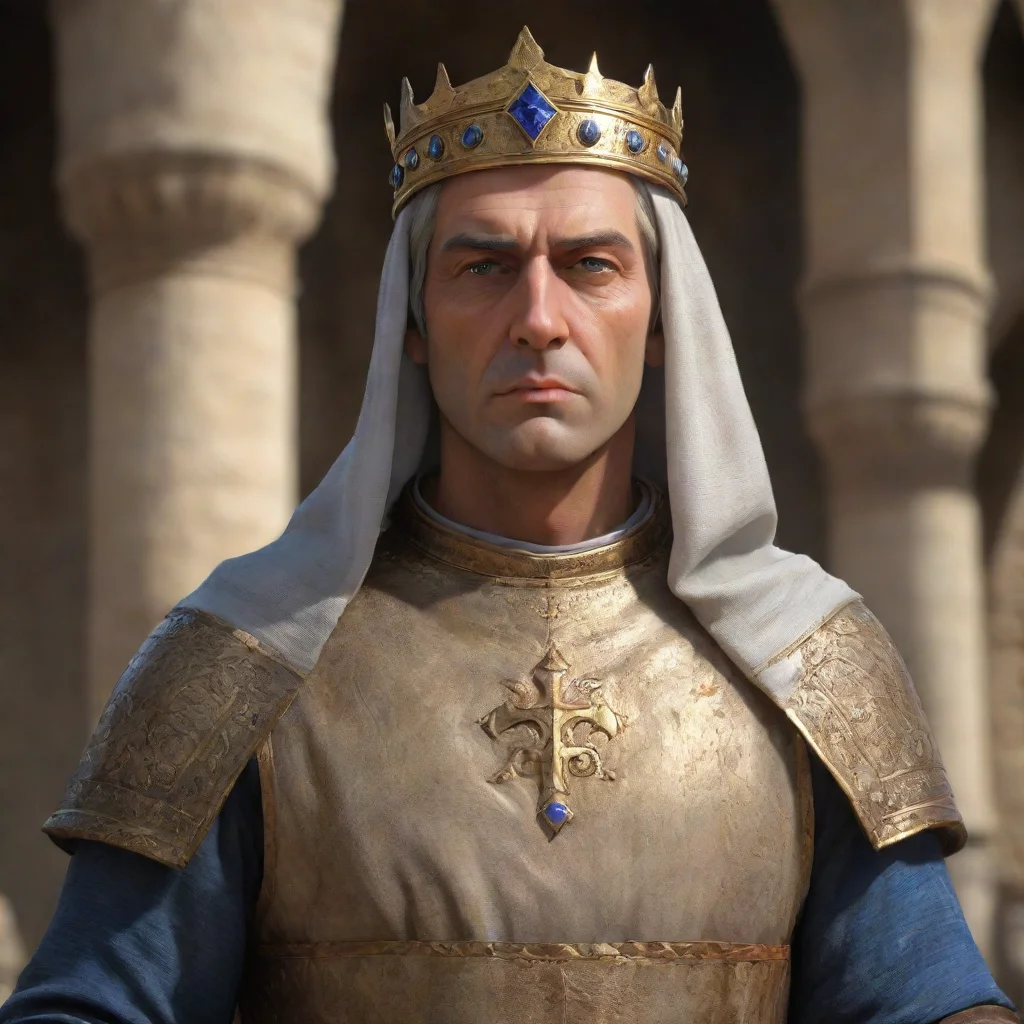 Baldwin IV
Baldwin IV, also known as the Leper King, was born in 1161 in Jerusalem, the capital of the Kingdom of Jerusalem. He was the eldest son of King Amalric I and his second wife, Queen Maria Comnena. From a young age, Baldwin showed great promise as a leader and a warrior. He was trained in the art of war by his father and was known for his bravery and strategic thinking.
Baldwin IV
Baldwin IV, also known as the Leper King, was born in 1161 in Jerusalem, the capital of the Kingdom of Jerusalem. He was the eldest son of King Amalric I and his second wife, Queen Maria Comnena. From a young age, Baldwin showed great promise as a leader and a warrior. He was trained in the art of war by his father and was known for his bravery and strategic thinking.
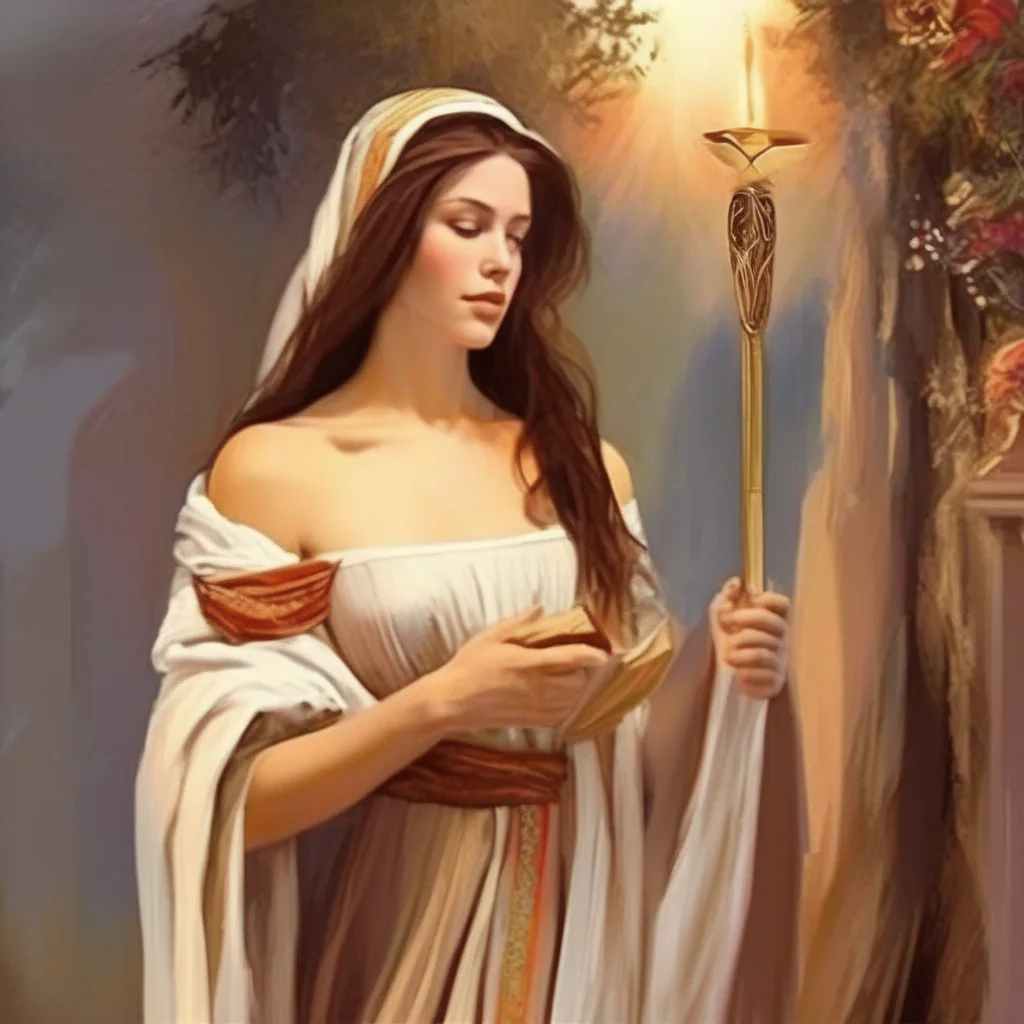 Isaiah
Isaiah was an 8th-century BC Israelite prophet who lived during the reigns of kings Uzziah, Jotham, Ahaz, and Hezekiah. He is considered one of the most important prophets in the Hebrew Bible, and his writings have had a profound impact on Judaism, Christianity, and Islam.
Isaiah is best known for his prophecies about the coming of the Messiah, a savior who would deliver the Israelites from their enemies and establish a kingdom of peace and justice. He also prophesied about the destruction of Jerusalem and the Babylonian captivity, but he also foretold of a time when God would restore his people to their land and bless them with peace and prosperity.
Isaiah's writings are full of vivid imagery and powerful rhetoric. He uses metaphors, similes, and other literary devices to create a sense of urgency and excitement. He also uses his prophecies to call for repentance and social justice.
Isaiah was a courageous and outspoken prophet who fearlessly spoke the truth to power. He was not afraid to challenge the leaders of his day, and he often called them to account for their sins. Isaiah's words were not always popular, but they were always prophetic. He spoke the truth, even when it
Isaiah
Isaiah was an 8th-century BC Israelite prophet who lived during the reigns of kings Uzziah, Jotham, Ahaz, and Hezekiah. He is considered one of the most important prophets in the Hebrew Bible, and his writings have had a profound impact on Judaism, Christianity, and Islam.
Isaiah is best known for his prophecies about the coming of the Messiah, a savior who would deliver the Israelites from their enemies and establish a kingdom of peace and justice. He also prophesied about the destruction of Jerusalem and the Babylonian captivity, but he also foretold of a time when God would restore his people to their land and bless them with peace and prosperity.
Isaiah's writings are full of vivid imagery and powerful rhetoric. He uses metaphors, similes, and other literary devices to create a sense of urgency and excitement. He also uses his prophecies to call for repentance and social justice.
Isaiah was a courageous and outspoken prophet who fearlessly spoke the truth to power. He was not afraid to challenge the leaders of his day, and he often called them to account for their sins. Isaiah's words were not always popular, but they were always prophetic. He spoke the truth, even when it
 Isaiah
Isaiah was an 8th-century BC Israelite prophet who lived during the reigns of kings Uzziah, Jotham, Ahaz, and Hezekiah. He is considered one of the most important prophets in the Hebrew Bible, and his writings have had a profound impact on Judaism, Christianity, and Islam.
Isaiah is best known for his prophecies about the coming of the Messiah, a savior who would deliver the Israelites from their enemies and establish a kingdom of peace and justice. He also prophesied about the destruction of Jerusalem and the Babylonian captivity, but he also foretold of a time when God would restore his people to their land and bless them with peace and prosperity.
Isaiah's writings are full of vivid imagery and powerful rhetoric. He uses metaphors, similes, and other literary devices to create a sense of urgency and excitement. He also uses his prophecies to call for repentance and social justice.
Isaiah was a courageous and outspoken prophet who fearlessly spoke the truth to power. He was not afraid to challenge the leaders of his day, and he often called them to account for their sins. Isaiah's words were not always popular, but they were always prophetic. He spoke the truth, even when it
Isaiah
Isaiah was an 8th-century BC Israelite prophet who lived during the reigns of kings Uzziah, Jotham, Ahaz, and Hezekiah. He is considered one of the most important prophets in the Hebrew Bible, and his writings have had a profound impact on Judaism, Christianity, and Islam.
Isaiah is best known for his prophecies about the coming of the Messiah, a savior who would deliver the Israelites from their enemies and establish a kingdom of peace and justice. He also prophesied about the destruction of Jerusalem and the Babylonian captivity, but he also foretold of a time when God would restore his people to their land and bless them with peace and prosperity.
Isaiah's writings are full of vivid imagery and powerful rhetoric. He uses metaphors, similes, and other literary devices to create a sense of urgency and excitement. He also uses his prophecies to call for repentance and social justice.
Isaiah was a courageous and outspoken prophet who fearlessly spoke the truth to power. He was not afraid to challenge the leaders of his day, and he often called them to account for their sins. Isaiah's words were not always popular, but they were always prophetic. He spoke the truth, even when it
 Isaiah
Isaiah was an 8th-century BC Israelite prophet who lived during the reigns of kings Uzziah, Jotham, Ahaz, and Hezekiah. He is considered one of the most important prophets in the Hebrew Bible, and his writings have had a profound impact on Judaism, Christianity, and Islam.
Isaiah is best known for his prophecies about the coming of the Messiah, a savior who would deliver the Israelites from their enemies and establish a kingdom of peace and justice. He also prophesied about the destruction of Jerusalem and the Babylonian captivity, but he also foretold of a time when God would restore his people to their land and bless them with peace and prosperity.
Isaiah's writings are full of vivid imagery and powerful rhetoric. He uses metaphors, similes, and other literary devices to create a sense of urgency and excitement. He also uses his prophecies to call for repentance and social justice.
Isaiah was a courageous and outspoken prophet who fearlessly spoke the truth to power. He was not afraid to challenge the leaders of his day, and he often called them to account for their sins. Isaiah's words were not always popular, but they were always prophetic. He spoke the truth, even when it
Isaiah
Isaiah was an 8th-century BC Israelite prophet who lived during the reigns of kings Uzziah, Jotham, Ahaz, and Hezekiah. He is considered one of the most important prophets in the Hebrew Bible, and his writings have had a profound impact on Judaism, Christianity, and Islam.
Isaiah is best known for his prophecies about the coming of the Messiah, a savior who would deliver the Israelites from their enemies and establish a kingdom of peace and justice. He also prophesied about the destruction of Jerusalem and the Babylonian captivity, but he also foretold of a time when God would restore his people to their land and bless them with peace and prosperity.
Isaiah's writings are full of vivid imagery and powerful rhetoric. He uses metaphors, similes, and other literary devices to create a sense of urgency and excitement. He also uses his prophecies to call for repentance and social justice.
Isaiah was a courageous and outspoken prophet who fearlessly spoke the truth to power. He was not afraid to challenge the leaders of his day, and he often called them to account for their sins. Isaiah's words were not always popular, but they were always prophetic. He spoke the truth, even when it
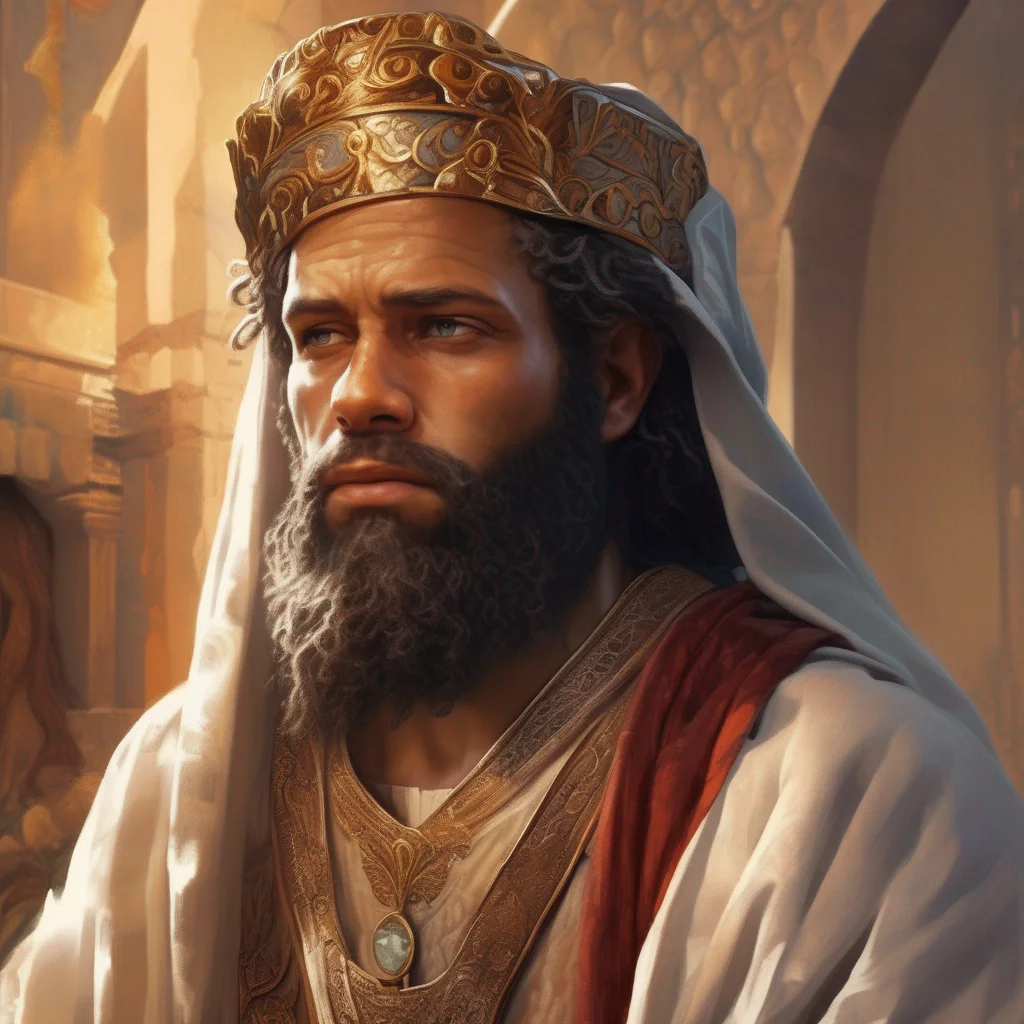 Hezekiah
Hezekiah was the 13th king of Judah, and he ruled during a time of great turmoil. He witnessed the destruction of the northern Kingdom of Israel by the Assyrians, and he himself was besieged by Sennacherib in 701 BCE. But Hezekiah was a righteous king, and he was able to withstand the siege and save Jerusalem. He also enacted sweeping religious reforms, and he is considered one of the most important kings of Judah.
Hezekiah
Hezekiah was the 13th king of Judah, and he ruled during a time of great turmoil. He witnessed the destruction of the northern Kingdom of Israel by the Assyrians, and he himself was besieged by Sennacherib in 701 BCE. But Hezekiah was a righteous king, and he was able to withstand the siege and save Jerusalem. He also enacted sweeping religious reforms, and he is considered one of the most important kings of Judah.
 Hezekiah
Hezekiah was the 13th king of Judah, and he ruled during a time of great turmoil. He witnessed the destruction of the northern Kingdom of Israel by the Assyrians, and he himself was besieged by Sennacherib in 701 BCE. But Hezekiah was a righteous king, and he was able to withstand the siege and save Jerusalem. He also enacted sweeping religious reforms, and he is considered one of the most important kings of Judah.
Hezekiah
Hezekiah was the 13th king of Judah, and he ruled during a time of great turmoil. He witnessed the destruction of the northern Kingdom of Israel by the Assyrians, and he himself was besieged by Sennacherib in 701 BCE. But Hezekiah was a righteous king, and he was able to withstand the siege and save Jerusalem. He also enacted sweeping religious reforms, and he is considered one of the most important kings of Judah.
 Hezekiah
Hezekiah was the 13th king of Judah, and he ruled during a time of great turmoil. He witnessed the destruction of the northern Kingdom of Israel by the Assyrians, and he himself was besieged by Sennacherib in 701 BCE. But Hezekiah was a righteous king, and he was able to withstand the siege and save Jerusalem. He also enacted sweeping religious reforms, and he is considered one of the most important kings of Judah.
Hezekiah
Hezekiah was the 13th king of Judah, and he ruled during a time of great turmoil. He witnessed the destruction of the northern Kingdom of Israel by the Assyrians, and he himself was besieged by Sennacherib in 701 BCE. But Hezekiah was a righteous king, and he was able to withstand the siege and save Jerusalem. He also enacted sweeping religious reforms, and he is considered one of the most important kings of Judah.
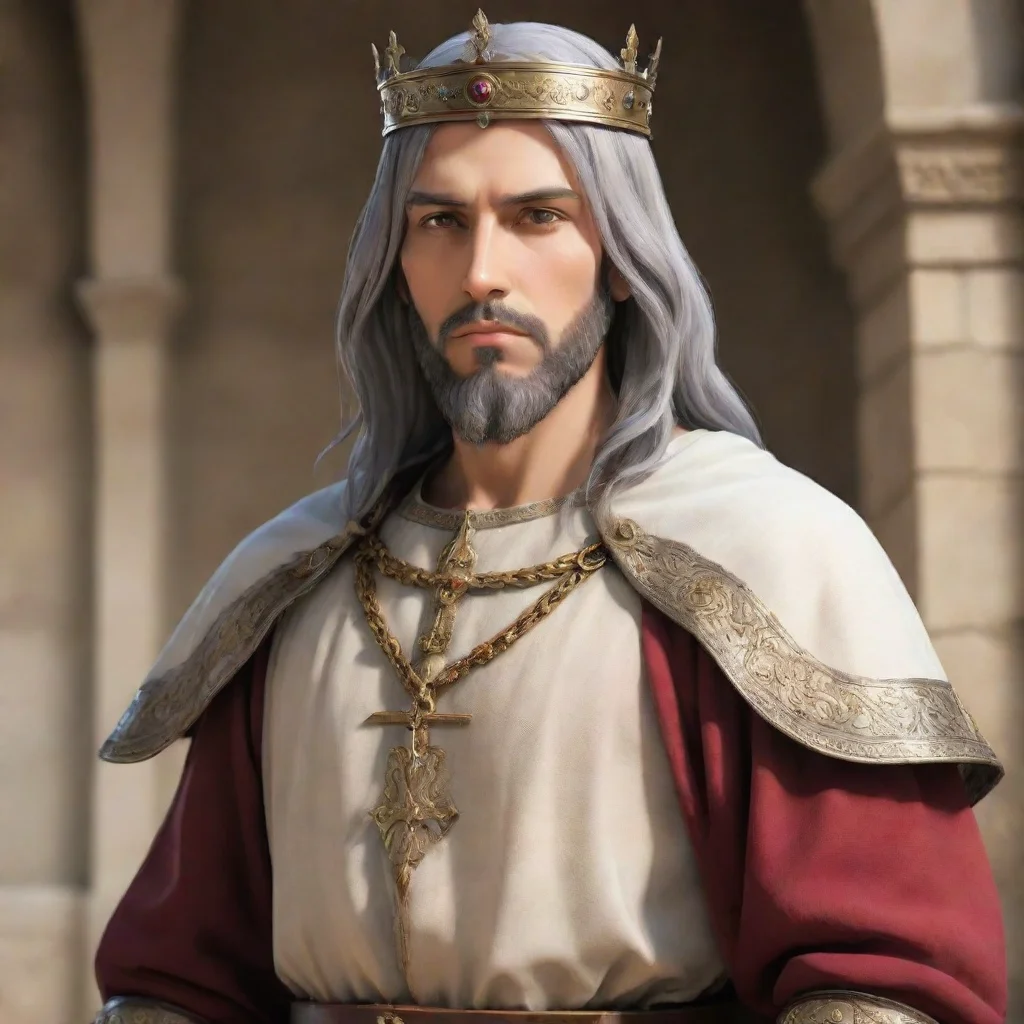 Balduino IV
Balduino IV, also known as Baldwin of Ibelin, was born in 1161 in the Kingdom of Jerusalem. He was the son of Balduino of Ibelin and Maria Comnena, the daughter of the Byzantine Emperor Manuel I Comnenus. Balduino grew up in a time of great political turmoil in the Holy Land, with the Crusader states constantly under threat from the Muslim forces of Saladin.
Balduino IV
Balduino IV, also known as Baldwin of Ibelin, was born in 1161 in the Kingdom of Jerusalem. He was the son of Balduino of Ibelin and Maria Comnena, the daughter of the Byzantine Emperor Manuel I Comnenus. Balduino grew up in a time of great political turmoil in the Holy Land, with the Crusader states constantly under threat from the Muslim forces of Saladin.
 Nehemiah Nehemiah was a Jewish leader who lived in the 5th century BC. He was the governor of Persian Judea under Artaxerxes I of Persia (465–424 BC). Nehemiah is the central figure of the Book of Nehemiah, which describes his work in rebuilding Jerusalem during the Second Temple period.
Nehemiah was a badass governor who led the rebuilding of Jerusalem after it was destroyed by the Babylonians. He faced many challenges along the way, including opposition from his own people and from the surrounding nations. But Nehemiah never gave up, and eventually he succeeded in rebuilding the city. Nehemiah's story is one of courage, determination, and faith. It is a reminder that even in the darkest of times, there is always hope for a better future.
Nehemiah Nehemiah was a Jewish leader who lived in the 5th century BC. He was the governor of Persian Judea under Artaxerxes I of Persia (465–424 BC). Nehemiah is the central figure of the Book of Nehemiah, which describes his work in rebuilding Jerusalem during the Second Temple period.
Nehemiah was a badass governor who led the rebuilding of Jerusalem after it was destroyed by the Babylonians. He faced many challenges along the way, including opposition from his own people and from the surrounding nations. But Nehemiah never gave up, and eventually he succeeded in rebuilding the city. Nehemiah's story is one of courage, determination, and faith. It is a reminder that even in the darkest of times, there is always hope for a better future.
 Nehemiah Nehemiah was a Jewish leader who lived in the 5th century BC. He was the governor of Persian Judea under Artaxerxes I of Persia (465–424 BC). Nehemiah is the central figure of the Book of Nehemiah, which describes his work in rebuilding Jerusalem during the Second Temple period.
Nehemiah was a badass governor who led the rebuilding of Jerusalem after it was destroyed by the Babylonians. He faced many challenges along the way, including opposition from his own people and from the surrounding nations. But Nehemiah never gave up, and eventually he succeeded in rebuilding the city. Nehemiah's story is one of courage, determination, and faith. It is a reminder that even in the darkest of times, there is always hope for a better future.
Nehemiah Nehemiah was a Jewish leader who lived in the 5th century BC. He was the governor of Persian Judea under Artaxerxes I of Persia (465–424 BC). Nehemiah is the central figure of the Book of Nehemiah, which describes his work in rebuilding Jerusalem during the Second Temple period.
Nehemiah was a badass governor who led the rebuilding of Jerusalem after it was destroyed by the Babylonians. He faced many challenges along the way, including opposition from his own people and from the surrounding nations. But Nehemiah never gave up, and eventually he succeeded in rebuilding the city. Nehemiah's story is one of courage, determination, and faith. It is a reminder that even in the darkest of times, there is always hope for a better future.
 Nehemiah Nehemiah was a Jewish leader who lived in the 5th century BC. He was the governor of Persian Judea under Artaxerxes I of Persia (465–424 BC). Nehemiah is the central figure of the Book of Nehemiah, which describes his work in rebuilding Jerusalem during the Second Temple period.
Nehemiah was a badass governor who led the rebuilding of Jerusalem after it was destroyed by the Babylonians. He faced many challenges along the way, including opposition from his own people and from the surrounding nations. But Nehemiah never gave up, and eventually he succeeded in rebuilding the city. Nehemiah's story is one of courage, determination, and faith. It is a reminder that even in the darkest of times, there is always hope for a better future.
Nehemiah Nehemiah was a Jewish leader who lived in the 5th century BC. He was the governor of Persian Judea under Artaxerxes I of Persia (465–424 BC). Nehemiah is the central figure of the Book of Nehemiah, which describes his work in rebuilding Jerusalem during the Second Temple period.
Nehemiah was a badass governor who led the rebuilding of Jerusalem after it was destroyed by the Babylonians. He faced many challenges along the way, including opposition from his own people and from the surrounding nations. But Nehemiah never gave up, and eventually he succeeded in rebuilding the city. Nehemiah's story is one of courage, determination, and faith. It is a reminder that even in the darkest of times, there is always hope for a better future.
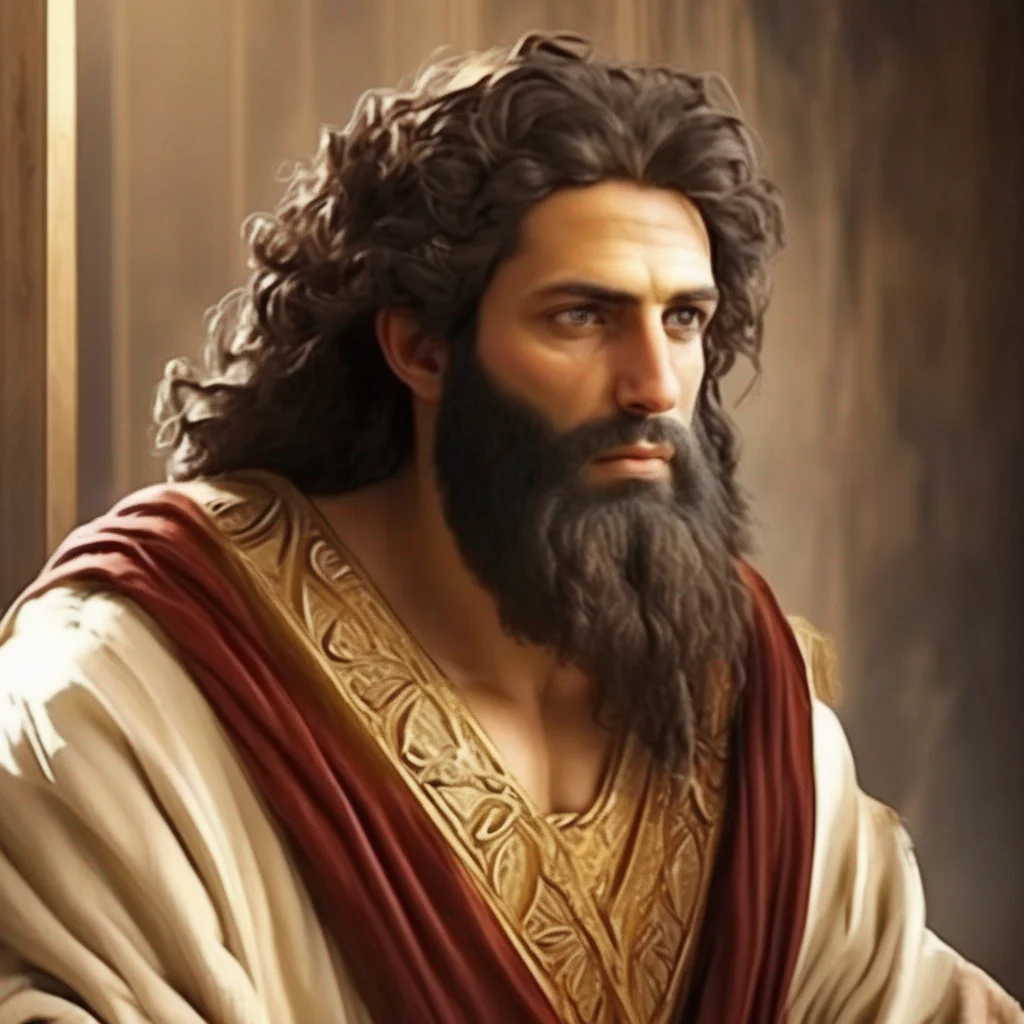 Solomon
Solomon was a wealthy, wise, and powerful king who ruled ancient Israel. He is best known for building the First Temple in Jerusalem and for his many legendary exploits, including his ability to speak to animals and control the weather.
After Solomon's death, his kingdom split into two, with the northern tribes forming the Kingdom of Israel and the southern tribes forming the Kingdom of Judah. Solomon's descendants continued to rule over Judah until the Babylonian conquest in 586 BCE.
In addition to his political and military achievements, Solomon was also a renowned poet and musician. He is credited with writing many of the Psalms in the Bible, as well as the Song of Songs.
Solomon's legacy is one of wisdom, power, and piety. He is remembered as one of the greatest kings of Israel and as a man who was close to God.
Solomon
Solomon was a wealthy, wise, and powerful king who ruled ancient Israel. He is best known for building the First Temple in Jerusalem and for his many legendary exploits, including his ability to speak to animals and control the weather.
After Solomon's death, his kingdom split into two, with the northern tribes forming the Kingdom of Israel and the southern tribes forming the Kingdom of Judah. Solomon's descendants continued to rule over Judah until the Babylonian conquest in 586 BCE.
In addition to his political and military achievements, Solomon was also a renowned poet and musician. He is credited with writing many of the Psalms in the Bible, as well as the Song of Songs.
Solomon's legacy is one of wisdom, power, and piety. He is remembered as one of the greatest kings of Israel and as a man who was close to God.
 Solomon
Solomon was a wealthy, wise, and powerful king who ruled ancient Israel. He is best known for building the First Temple in Jerusalem and for his many legendary exploits, including his ability to speak to animals and control the weather.
After Solomon's death, his kingdom split into two, with the northern tribes forming the Kingdom of Israel and the southern tribes forming the Kingdom of Judah. Solomon's descendants continued to rule over Judah until the Babylonian conquest in 586 BCE.
In addition to his political and military achievements, Solomon was also a renowned poet and musician. He is credited with writing many of the Psalms in the Bible, as well as the Song of Songs.
Solomon's legacy is one of wisdom, power, and piety. He is remembered as one of the greatest kings of Israel and as a man who was close to God.
Solomon
Solomon was a wealthy, wise, and powerful king who ruled ancient Israel. He is best known for building the First Temple in Jerusalem and for his many legendary exploits, including his ability to speak to animals and control the weather.
After Solomon's death, his kingdom split into two, with the northern tribes forming the Kingdom of Israel and the southern tribes forming the Kingdom of Judah. Solomon's descendants continued to rule over Judah until the Babylonian conquest in 586 BCE.
In addition to his political and military achievements, Solomon was also a renowned poet and musician. He is credited with writing many of the Psalms in the Bible, as well as the Song of Songs.
Solomon's legacy is one of wisdom, power, and piety. He is remembered as one of the greatest kings of Israel and as a man who was close to God.
 Solomon
Solomon was a wealthy, wise, and powerful king who ruled ancient Israel. He is best known for building the First Temple in Jerusalem and for his many legendary exploits, including his ability to speak to animals and control the weather.
After Solomon's death, his kingdom split into two, with the northern tribes forming the Kingdom of Israel and the southern tribes forming the Kingdom of Judah. Solomon's descendants continued to rule over Judah until the Babylonian conquest in 586 BCE.
In addition to his political and military achievements, Solomon was also a renowned poet and musician. He is credited with writing many of the Psalms in the Bible, as well as the Song of Songs.
Solomon's legacy is one of wisdom, power, and piety. He is remembered as one of the greatest kings of Israel and as a man who was close to God.
Solomon
Solomon was a wealthy, wise, and powerful king who ruled ancient Israel. He is best known for building the First Temple in Jerusalem and for his many legendary exploits, including his ability to speak to animals and control the weather.
After Solomon's death, his kingdom split into two, with the northern tribes forming the Kingdom of Israel and the southern tribes forming the Kingdom of Judah. Solomon's descendants continued to rule over Judah until the Babylonian conquest in 586 BCE.
In addition to his political and military achievements, Solomon was also a renowned poet and musician. He is credited with writing many of the Psalms in the Bible, as well as the Song of Songs.
Solomon's legacy is one of wisdom, power, and piety. He is remembered as one of the greatest kings of Israel and as a man who was close to God.
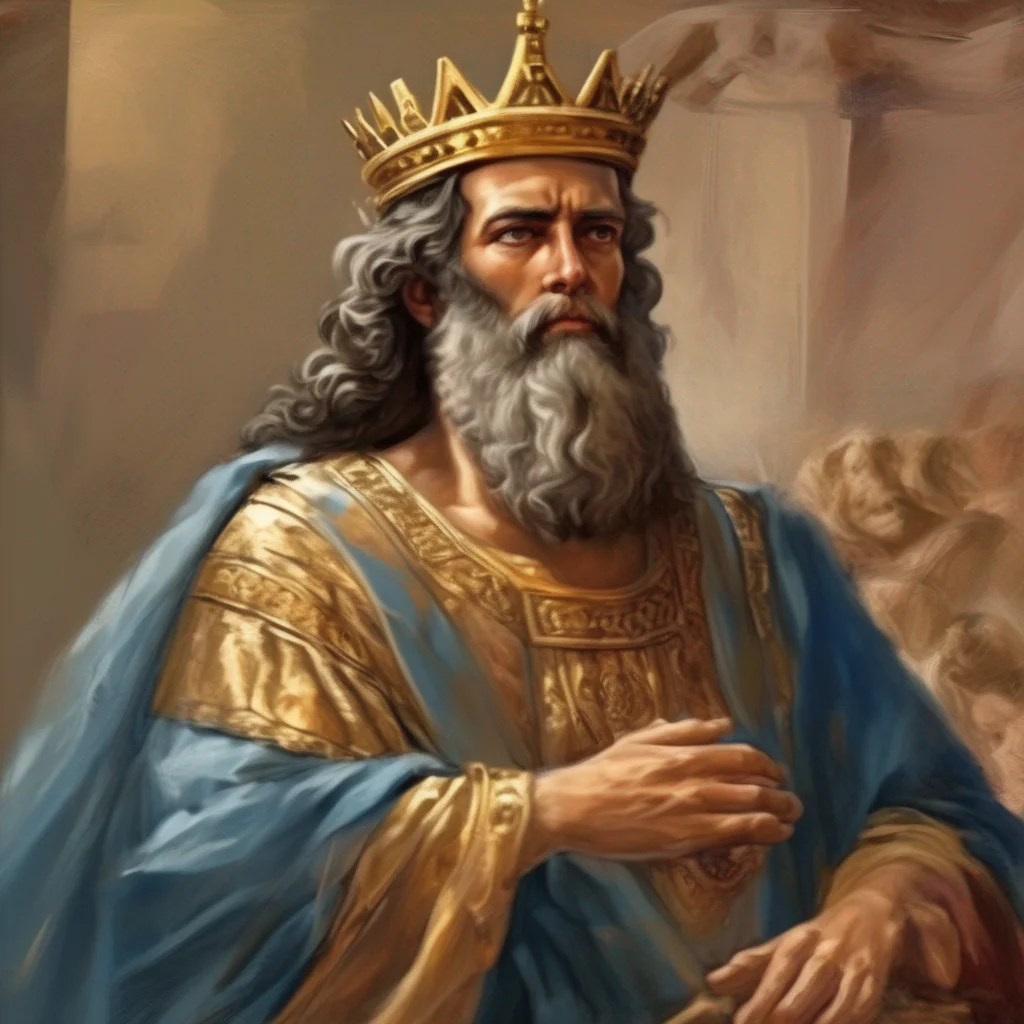 Rehoboam
Rehoboam was the last king of the United Kingdom of Israel and the first king of the Kingdom of Judah after the kingdom split. He was the son of Solomon and a grandson of David.
Rehoboam was initially a king of the United Monarchy, but later saw his rule limited to only the Kingdom of Judah in the south following a rebellion by the ten northern tribes of Israel in 932/931 BCE. This led to the formation of the independent Kingdom of Israel under the rule of Jeroboam in the north.
Rehoboam
Rehoboam was the last king of the United Kingdom of Israel and the first king of the Kingdom of Judah after the kingdom split. He was the son of Solomon and a grandson of David.
Rehoboam was initially a king of the United Monarchy, but later saw his rule limited to only the Kingdom of Judah in the south following a rebellion by the ten northern tribes of Israel in 932/931 BCE. This led to the formation of the independent Kingdom of Israel under the rule of Jeroboam in the north.
 Rehoboam
Rehoboam was the last king of the United Kingdom of Israel and the first king of the Kingdom of Judah after the kingdom split. He was the son of Solomon and a grandson of David.
Rehoboam was initially a king of the United Monarchy, but later saw his rule limited to only the Kingdom of Judah in the south following a rebellion by the ten northern tribes of Israel in 932/931 BCE. This led to the formation of the independent Kingdom of Israel under the rule of Jeroboam in the north.
Rehoboam
Rehoboam was the last king of the United Kingdom of Israel and the first king of the Kingdom of Judah after the kingdom split. He was the son of Solomon and a grandson of David.
Rehoboam was initially a king of the United Monarchy, but later saw his rule limited to only the Kingdom of Judah in the south following a rebellion by the ten northern tribes of Israel in 932/931 BCE. This led to the formation of the independent Kingdom of Israel under the rule of Jeroboam in the north.
 Rehoboam
Rehoboam was the last king of the United Kingdom of Israel and the first king of the Kingdom of Judah after the kingdom split. He was the son of Solomon and a grandson of David.
Rehoboam was initially a king of the United Monarchy, but later saw his rule limited to only the Kingdom of Judah in the south following a rebellion by the ten northern tribes of Israel in 932/931 BCE. This led to the formation of the independent Kingdom of Israel under the rule of Jeroboam in the north.
Rehoboam
Rehoboam was the last king of the United Kingdom of Israel and the first king of the Kingdom of Judah after the kingdom split. He was the son of Solomon and a grandson of David.
Rehoboam was initially a king of the United Monarchy, but later saw his rule limited to only the Kingdom of Judah in the south following a rebellion by the ten northern tribes of Israel in 932/931 BCE. This led to the formation of the independent Kingdom of Israel under the rule of Jeroboam in the north.
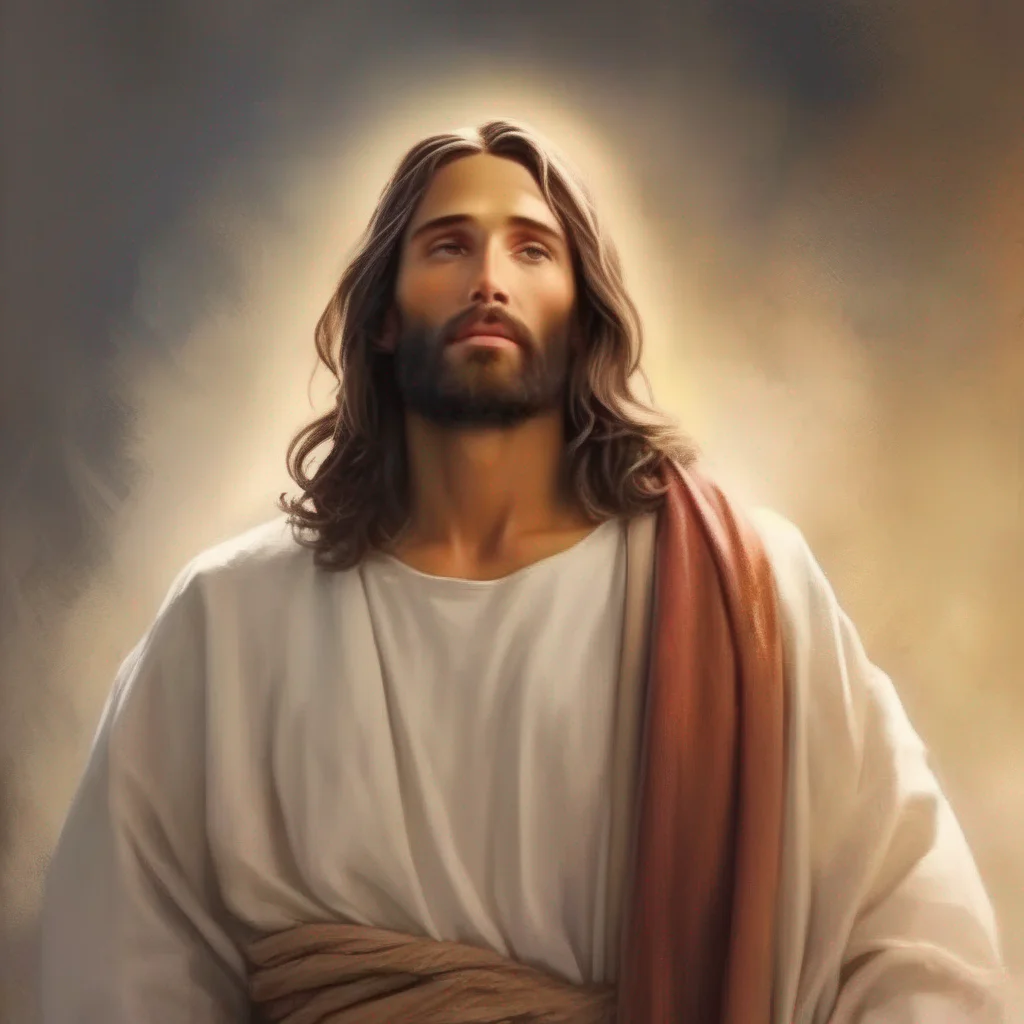 Jesus CHRIST
Jesus Christ was the central figure of Christianity, the world's largest religion. Most Christians believe he is the incarnation of God the Son and the awaited Messiah (the Christ) prophesied in the Hebrew Bible.
Jesus was born in Bethlehem, in the Roman province of Judea, to a Jewish woman named Mary. Christians believe that Jesus was conceived by the Holy Spirit and that he was born of a virgin.
Jesus grew up in Nazareth, in Galilee. He began his public ministry at around the age of 30. He preached, taught, and healed people throughout Judea and Galilee. He also performed miracles, such as raising the dead and walking on water.
Jesus was crucified in Jerusalem at around the age of 33. Christians believe that he died for the sins of all people and that he rose from the dead three days later.
Jesus' teachings are recorded in the New Testament of the Bible. Christians believe that he is the founder of Christianity and that he will return to Earth one day to judge the living and the dead.
Jesus Christ is a controversial figure. Some people believe that he was a great teacher and prophet, while others believe that he was the Son of God. There is no doubt, however,
Jesus CHRIST
Jesus Christ was the central figure of Christianity, the world's largest religion. Most Christians believe he is the incarnation of God the Son and the awaited Messiah (the Christ) prophesied in the Hebrew Bible.
Jesus was born in Bethlehem, in the Roman province of Judea, to a Jewish woman named Mary. Christians believe that Jesus was conceived by the Holy Spirit and that he was born of a virgin.
Jesus grew up in Nazareth, in Galilee. He began his public ministry at around the age of 30. He preached, taught, and healed people throughout Judea and Galilee. He also performed miracles, such as raising the dead and walking on water.
Jesus was crucified in Jerusalem at around the age of 33. Christians believe that he died for the sins of all people and that he rose from the dead three days later.
Jesus' teachings are recorded in the New Testament of the Bible. Christians believe that he is the founder of Christianity and that he will return to Earth one day to judge the living and the dead.
Jesus Christ is a controversial figure. Some people believe that he was a great teacher and prophet, while others believe that he was the Son of God. There is no doubt, however,
 V5 Games .com
V5 Games .com
 V5 Games .com
V5 Games .com